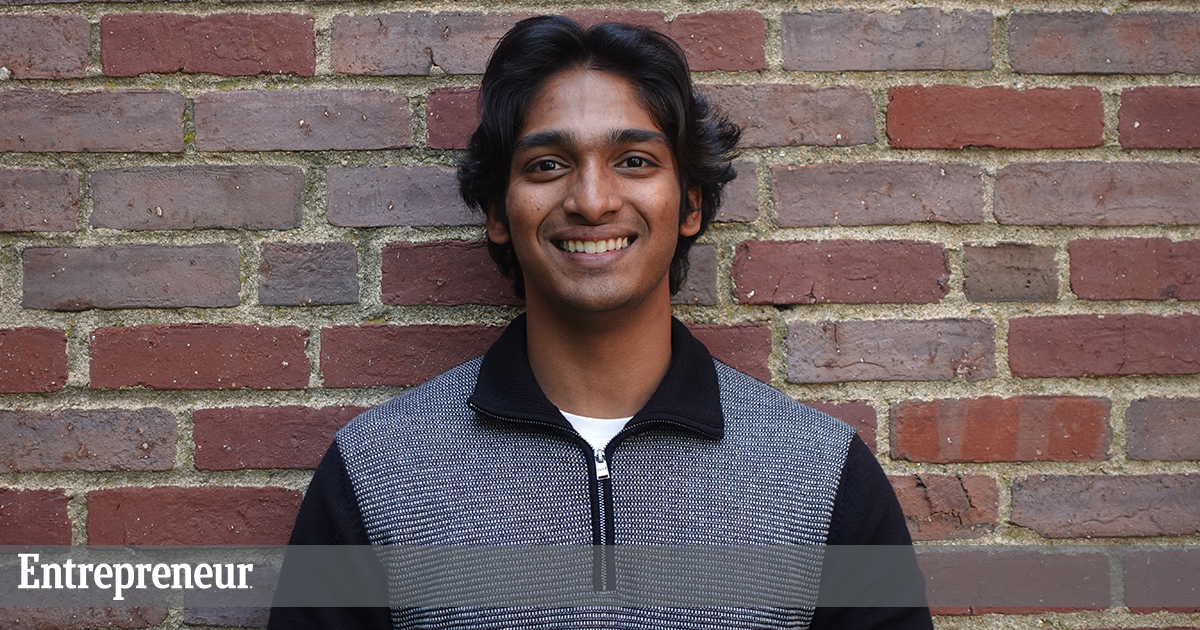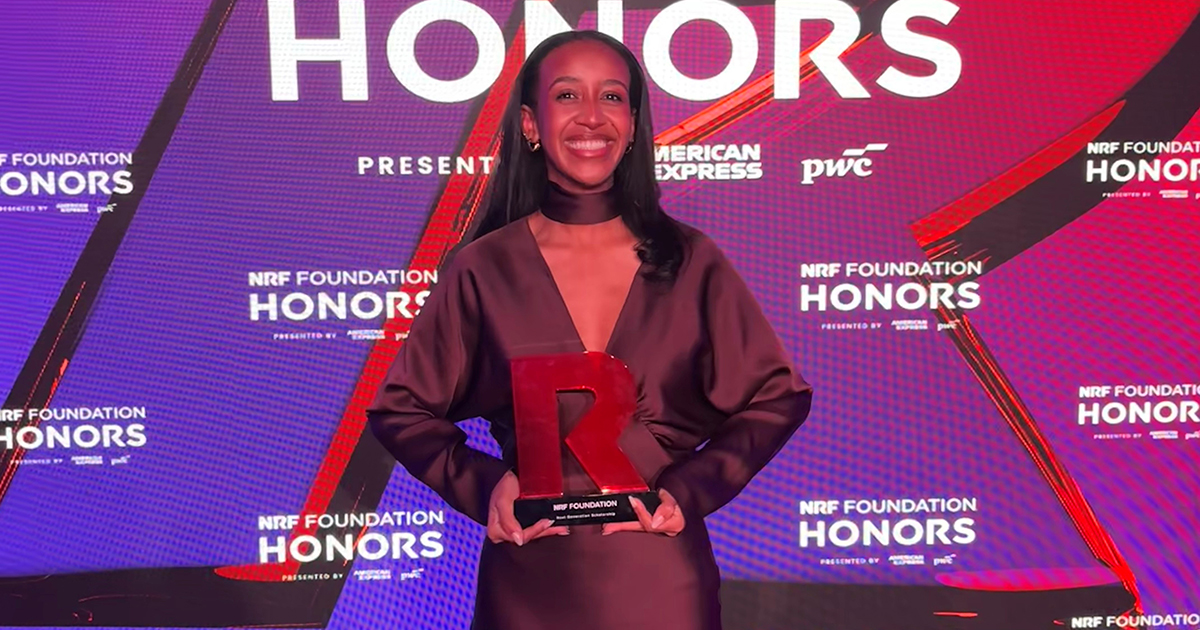How I Pivoted to Entrepreneurship, and What I Learned about Purpose, Perseverance, and People

The day I accepted that my dream of becoming a professional soccer player wouldn’t come true is seared into my memory—but I found a new purpose in starting a business. Here are the three lessons that shaped my journey and how you can apply them to your own.
Imagine dedicating your entire childhood to one dream, only to watch it crumble just as you’re about to achieve it. That’s exactly what happened to me when my lifelong goal of becoming a professional soccer player fell apart at 19. What felt like a devastating life crisis turned out to be the push I needed toward a career as an entrepreneur.
Editor’s note: This article first appeared in Entrepreneur magazine.
I was born in Miami, but when my family moved to Hyderabad, India, when I was 5, it introduced me to a completely new world. School was never really my thing; soccer was my true calling. At 14, my passion caught the attention of India’s national team manager, and I got a chance to train with one of the top German teams. It was a huge opportunity, but the reality of adapting to a new culture at such a young age was overwhelming.
My soccer journey continued at Ellesmere College in the U.K., where I played for the varsity team. But despite all the hard work, a professional contract eluded me. The alternate path took me to play soccer at Monroe College in the U.S. Though we won the NJCAA Division I national championship, I often found myself on the sidelines, realizing that I wasn’t good enough to go pro. It was a devastating blow.
The day I accepted that my dream of becoming a professional soccer player wouldn’t come true is seared into my memory. It felt like my world was falling apart. Everything I worked for was gone. I felt directionless and unmotivated. I had hit rock bottom. But then I found a new path at Babson College, where I continued to play NCAA Division III soccer and where I joined eTower, an entrepreneurial living community that reignited my passion for building and creating ventures. It not only gave me a renewed sense of purpose but also helped me overcome that feeling of not being good enough.
Surrounded by people who were just as driven as I was, I launched Kickstart Sports, a consulting business helping athletes in India find opportunities in Europe and the United States. The pandemic cut that venture short, but it opened up new opportunities. In 2020, I worked at CompStak, a real estate data company, took on a role at a real estate hedge fund in China, and ran a VR/AR sneaker startup. All of these experiences eventually led me to create DesignAI, a company that leverages technology to redesign how cities are built.
My entrepreneurial journey has been far from straightforward, filled with failures and successes, heartbreaking frustrations and rewarding celebrations. Along the way, I persevered and pivoted. Here are three key lessons that have shaped my journey and how you can apply them to yours, even in the face of feeling like you’re not good enough.
1. Rebuild Confidence and Find a New Purpose
When my soccer career ended, it felt like I’d lost a big part of myself. I had to rebuild my confidence from scratch. This wasn’t about finding just another job; it was about rediscovering who I was outside of soccer. I threw myself into new activities—rugby, student organizations, networking with people from different backgrounds. This exploration was crucial in helping me find a new sense of purpose, which eventually led me to entrepreneurship.
My advice: Actively seek out new experiences, even when it’s uncomfortable. You’ll discover what truly excites you, what motivates you and what you excel at.
2. Build and Leverage a Strong Support System
During this tough transition, I learned just how important a solid support system is. I reached out to mentors, leaned on friends who understood my struggles and even found therapy incredibly helpful. This network became my lifeline, offering emotional support and practical advice. One thing I did that worked really well was sending monthly updates to my mentors and key connections. It kept me accountable and made sure I stayed on their radar for opportunities.
My advice: Build a support system with people who can challenge you, support you and help you see things from different angles. And, most importantly, keep those relationships alive, because they will continue to provide the support and feedback you need to push through adversity.
3. Embrace Failure as a Stepping Stone
The failure of my soccer dream was a harsh wake-up call, but it taught me resilience. I had to face the reality that life doesn’t always go as planned, and that’s OK. I started seeing failure as a learning opportunity, a chance to grow and pivot. Books like The Psychology of Money and The Hard Thing About Hard Things helped reinforce this mindset. I learned to reflect on my setbacks, extract the lessons and use them to guide my next steps.
My advice: Don’t fear failure. It’s a vital part of the entrepreneurial process, and it’s what helps you refine your approach and keep moving forward. Every failure or setback is an opportunity to improve—with your venture or your career. When my soccer dream was dashed and I realized I wasn’t good enough to succeed down that path, I learned that resilience, a solid support system and embracing your failures are critical skills, especially for entrepreneurs. Challenges will come and the path will be messy. But if you surround yourself with the right people and refuse to back down, you can carve out your own version of success.
Saranga Pagadala ’23 is a graduate of Babson College and the co-founder of DesignAI, a startup that leverages technology to redesign how cities are built.
Posted in Insights



